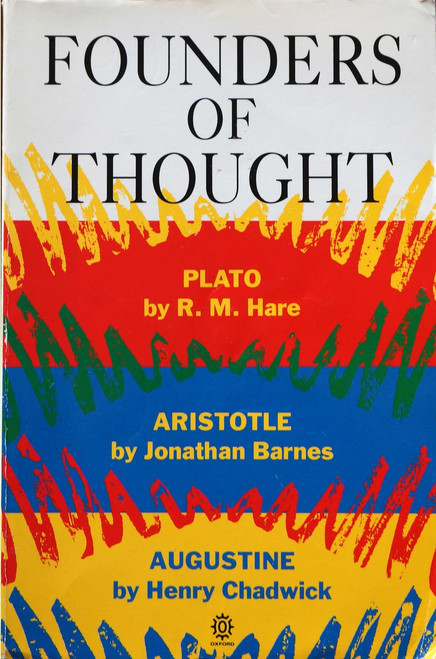Heartfelt, incisive, and timeless, The Confessions of Saint Augustine has captivated readers for more than fifteen hundred years. Retelling the story of his long struggle with faith and ultimate conversion -- the first such spiritual memoir ever recorded -- Saint Augustine traces a story of sin, regret, and redemption that is both deeply personal and, at the same time, universal.
Starting with his early life, education, and youthful indiscretions, and following his ascent to influence as a teacher of rhetoric in Hippo, Rome, and Milan, Augustine is brutally honest about his proud and amibitious youth. In time, his early loves grow cold and the luster of wordly success fades, leaving him filled with a sense of inner absence, until a movement toward Christian faith takes hold, eventually leading to conversion and the flourishing of a new life. Philosophically and theologically brilliant, sincere in its feeling, and both grounded in history and strikingly contemporary in its resonance, The Confessions of Saint Augustine is a timeless classic that will persist as long as humanity continues to long for meaning in life and peace of soul.
Editorial Reviews
"In plain words--if you can accept them as plain--Christianity is the life and death and resurrection of Christ going on day after day in the souls of individual men and in the heart of society. It is this Christ-life, this incorporation into the Body of Christ, this union with His death and resurrection as a matter of conscious experience, that St. Augustine wrote of in his Confessions." --Thomas Merton
"The greatest spiritual autobiography of all time, this classic work is a literary and theological masterpiece. John K. Ryan's masterful translation brings out the luster of Augustine's unmatched tale of his soul's journey to God." --From the Publisher
About the Author
Aurelius Augustinus Hipponensis, in English Augustine of Hippo, also known as St. Augustine, St. Austin, was bishop of Hippo Regius (present-day Annaba, Algeria). He was a Latin philosopher and theologian from the Africa Province of the Roman Empire and is generally considered as one of the greatest Christian thinkers of all times. His writings were very influential in the development of Western Christianity. According to his contemporary Jerome, Augustine "established anew the ancient Faith." In his early years he was heavily influenced by Manichaeism and afterward by the Neo-Platonism of Plotinus. After his conversion to Christianity and his baptism in 387, Augustine developed his own approach to philosophy and theology, accommodating a variety of methods and different perspectives. He believed that the grace of Christ was indispensable to human freedom, and he framed the concepts of original sin and just war. When the Western Roman Empire was starting to disintegrate, Augustine developed the concept of the Catholic Church as a spiritual City of God (in a book of the same name), distinct from the material Earthly City. His thoughts profoundly influenced the medieval worldview. Augustine's City of God was closely identified with the Church, the community that worshiped the Trinity. In the Catholic Church and the Anglican Communion, he is a saint and pre-eminent Doctor of the Church. Many Protestants, especially Calvinists, consider him to be one of the theological fathers of the Protestant Reformation due to his teaching on salvation and divine grace. In the Eastern Orthodox Church he is also considered a saint. He carries the additional title of Blessed. Among the Orthodox, he is called "Blessed Augustine" or "St. Augustine the Blessed".
Mark Vessey is Professor of English at the University of British Columbia. He is the author of Latin Christian Authors in Late Antiquity and Their Texts and co-editor of Augustine and the Disciplines: Cassiciacum to “Confessions”. He has written extensively on the reception of early Christian Latin writings in the Renaissance and later periods.







